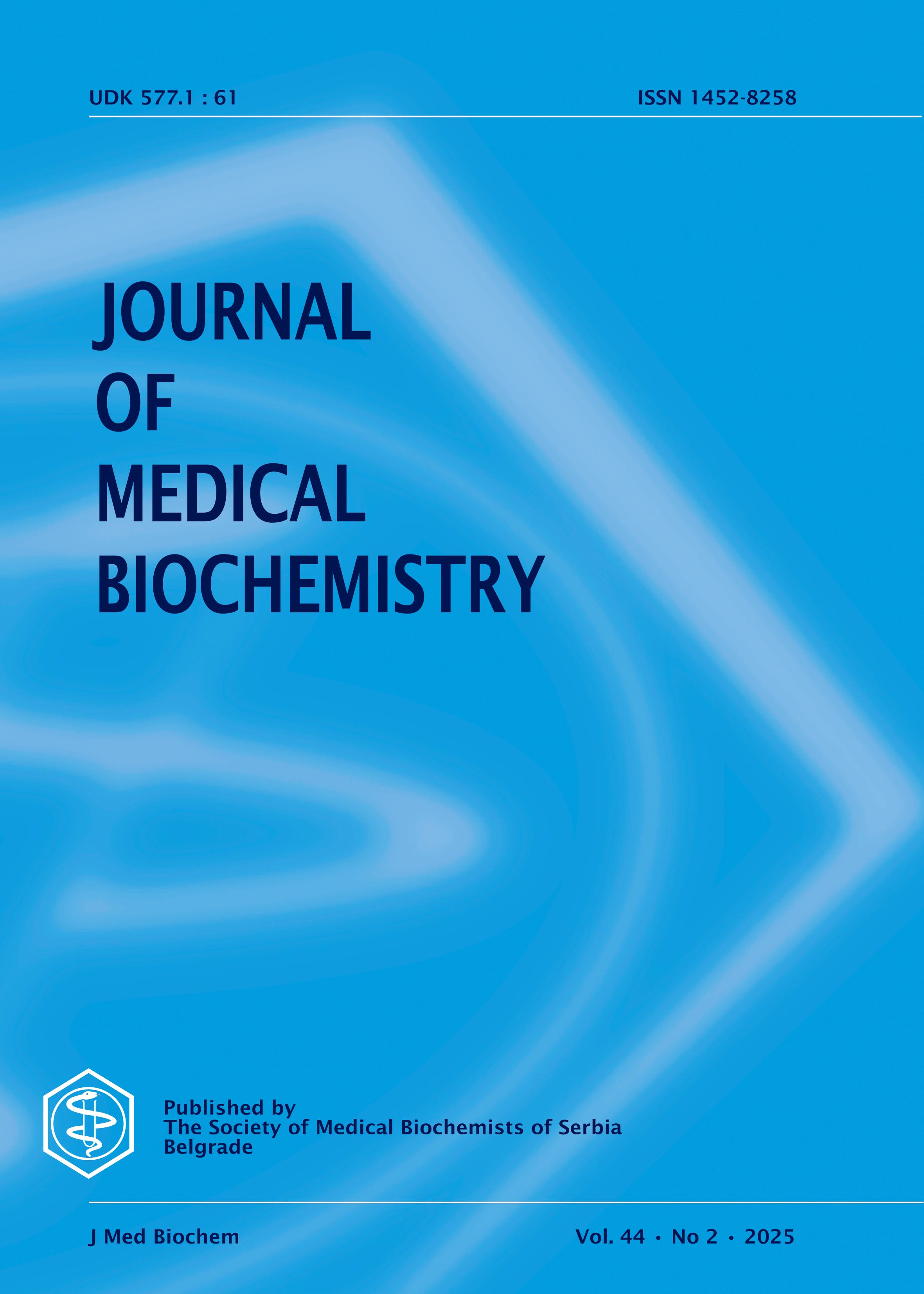Analysis of Significance of CARD11 and MYO1G Expression in Pulmonary Tuberculosis and Its Predictive Value for Prognosis of Recurrence
Abstract
Pulmonary tuberculosis (PTB) is one of the most common infectious diseases worldwide, with extremely high morbidity and mortality. An in-depth understanding of the molecular pathogenesis of PTB is crucial for finding novel diagnostic and therapeutic approaches in the future. In this study, we identified 52 differentially expressed genes (DEGs), which consisted of 422 nodes and 2853 edges, from the GSE34608 dataset in the Gene Expression Omnibus (GEO) database. These DEGs were composed of 422 nodes and 2,853 edges. Functional enrichment analysis revealed that CARD11 and MYO1G are closely related to T-cell activation. Upon further clinical case analysis, we found that the expression of CARD11 and MYO1G in the peripheral blood of patients with PTB were lower than those of healthy individuals, demonstrating excellent diagnostic value for both PTB diagnosis and prognosis of recurrence. Thus, CARD11 and MYO1G are promising indicators for assessing PTB in the future.
Copyright (c) 2025 Tingting Chang, Fengxia Liu, Shengxun Lin, Li Li, Bei Xu

This work is licensed under a Creative Commons Attribution 4.0 International License.
The published articles will be distributed under the Creative Commons Attribution 4.0 International License (CC BY). It is allowed to copy and redistribute the material in any medium or format, and remix, transform, and build upon it for any purpose, even commercially, as long as appropriate credit is given to the original author(s), a link to the license is provided and it is indicated if changes were made. Users are required to provide full bibliographic description of the original publication (authors, article title, journal title, volume, issue, pages), as well as its DOI code. In electronic publishing, users are also required to link the content with both the original article published in Journal of Medical Biochemistry and the licence used.
Authors are able to enter into separate, additional contractual arrangements for the non-exclusive distribution of the journal's published version of the work (e.g., post it to an institutional repository or publish it in a book), with an acknowledgement of its initial publication in this journal.

